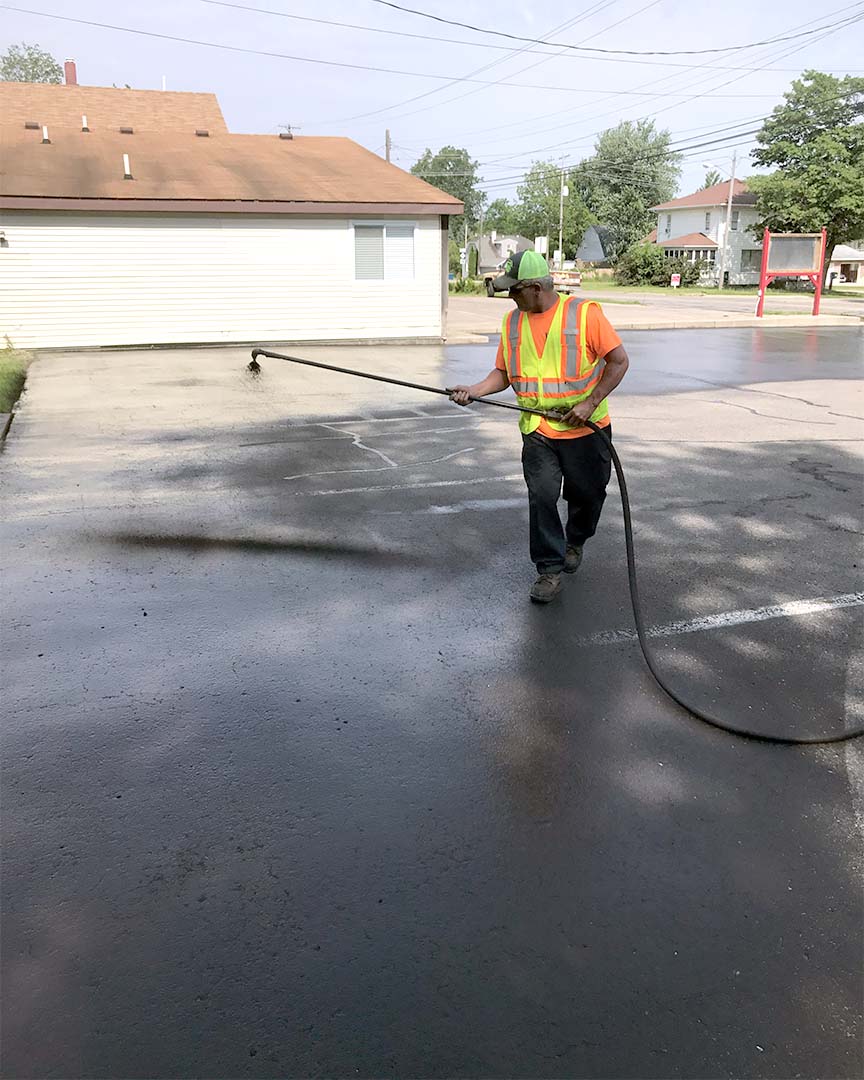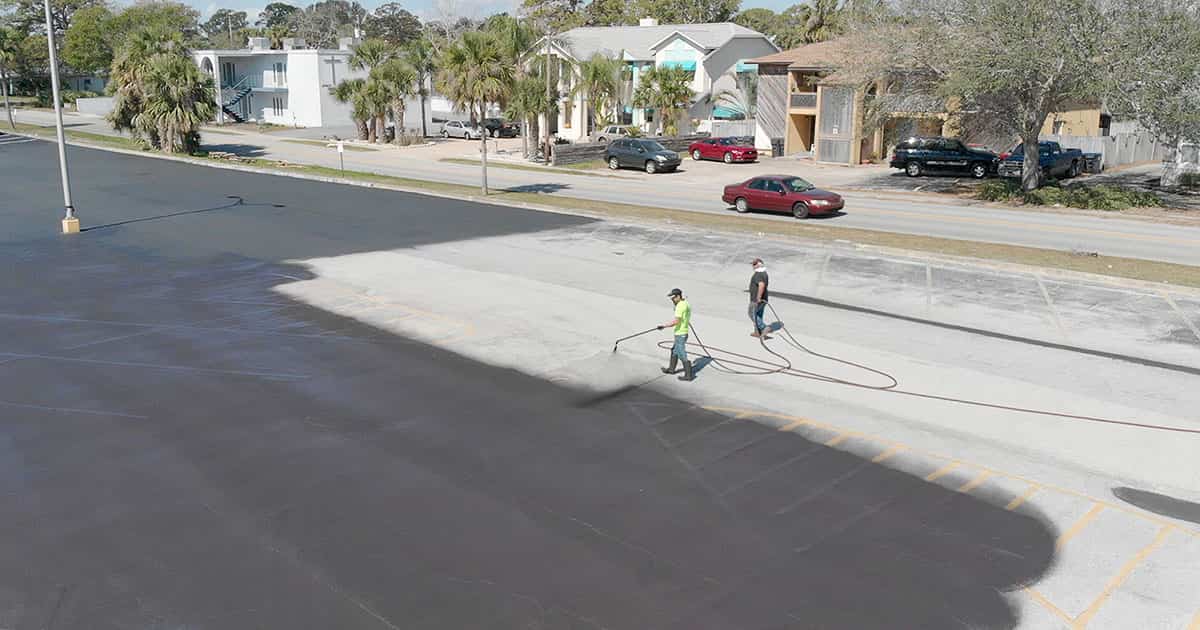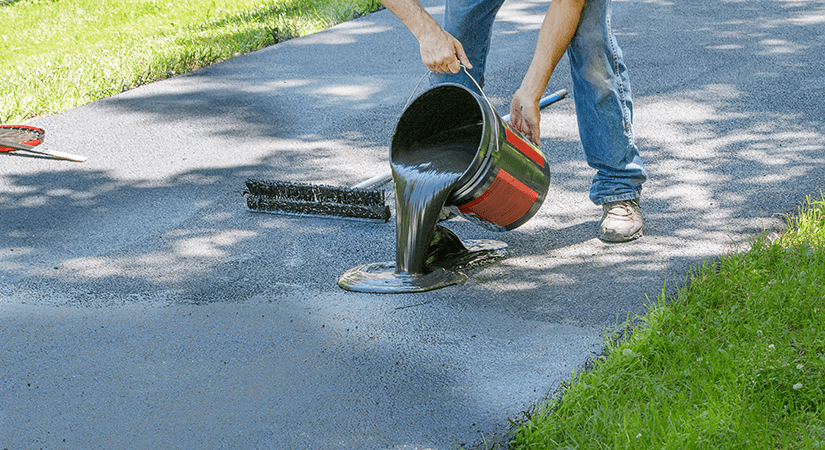Warm Mix Asphalt: A Sustainable Option for Sidewalk
Warm Mix Asphalt (HMA) has emerged as a leading lasting selection for sidewalk options, providing a myriad of environmental advantages and ingenious innovations. As the demand for green construction techniques grows, checking out the nuances of HMA's sustainability can give valuable insights into the future of sidewalk remedies.
Environmental Advantages of Warm Mix Asphalt

Moreover, Hot Mix Asphalt aids to alleviate urban heat island results. Its dark shade absorbs sunshine, decreasing the quantity of warmth mirrored back right into the atmosphere compared to lighter-colored sidewalks. This can decrease ambient temperatures in city areas, reducing the need for a/c and eventually lowering power consumption.
Additionally, Warm Mix Asphalt adds to boosted stormwater administration. Its porous nature permits water to infiltrate the sidewalk and reenergize groundwater products, lowering overflow and the risk of flooding. These environmental benefits make Hot Mix Asphalt a lasting choice for leading freeways and roadways.
Energy Effectiveness in HMA Production
Is power effectiveness a crucial factor in the production of Warm Mix Asphalt (HMA)? Absolutely. Energy plays a significant duty in the production of HMA, influencing both expense and ecological sustainability. One key facet of power performance in HMA manufacturing is using warm mix asphalt (WMA) innovations (commercial parking lot paving). WMA permits the mixing and positioning of asphalt at reduced temperatures compared to conventional hot mix asphalt, causing minimized energy intake during manufacturing. This process not just decreases fuel use but additionally reduces greenhouse gas discharges, making it a much more eco-friendly choice.
Moreover, innovations in plant modern technologies have led to even more energy-efficient HMA manufacturing procedures. By optimizing power usage in HMA manufacturing, the market can decrease its carbon impact while maintaining premium sidewalk products.
Recyclability of Warm Mix Asphalt
The recyclability of Warm Mix Asphalt (HMA) is a crucial facet of its sustainability and long-lasting ecological influence. HMA is one of one of the most recycled products in the United States, with over 100 million lots of recovered asphalt pavement (RAP) being reused yearly in brand-new pavement building and construction. Reusing HMA provides several ecological advantages, such as decreasing the requirement for virgin products, reducing power usage during production, and lowering the amount of waste sent out to land fills.
The procedure of reusing HMA involves grating the existing pavement, crushing it into smaller sized pieces, and mixing it with new accumulation and asphalt binder to develop a recycled mix. On the whole, the recyclability of HMA plays a substantial function in advertising lasting practices within the sidewalk sector.

Long-Term Performance of HMA
Asphalt sidewalks show durability and durability over an extensive period, reflecting the long-term performance of Warm Mix Asphalt (HMA) In addition, developments in HMA modern technology, top article such as the use of polymer-modified binders and cozy mix asphalt, have better improved the longevity and long life of HMA sidewalks. By prioritizing quality building and construction and upkeep techniques, HMA proceeds to confirm itself as a lasting and cost-efficient service for durable pavement framework.

HMA: Toughness and Sustainability
Showing both sturdiness and sustainability, Warm Mix Asphalt (HMA) has become a foundation in the building and construction of resilient sidewalk frameworks - hot mix asphalt. HMA's resilience originates from its capacity to endure hefty tons, extreme weather conditions, and high web traffic quantities, making it a dependable selection for roads, highways, and airport paths. The structure of HMA, which commonly consists of accumulations, binder, and filler, plays a vital duty in boosting its durability and resistance to tear and use
In addition, HMA's sustainability depends on its recyclability and energy-efficient manufacturing procedure. The capability to reuse redeemed asphalt pavement (RAP) in new HMA blends decreases the demand for virgin materials and minimizes the environmental impact of pavement construction and maintenance. Furthermore, the energy performance of creating HMA hinges Recommended Reading on its reduced mixing temperatures contrasted to other pavement materials, leading to lowered energy usage and greenhouse gas exhausts.
Conclusion
In verdict, warm mix asphalt (HMA) provides a sustainable remedy for sidewalk with its ecologically pleasant features. HMA's recyclability, energy effectiveness in production, and long-term durability make it an eco-friendly selection for roadway building and construction.
HMA is one of the most recycled products in the United States, with over 100 million lots of redeemed asphalt sidewalk (RAP) being recycled yearly in brand-new pavement building and construction.The procedure of recycling HMA includes crushing the existing sidewalk, squashing it right into smaller items, and blending it with brand-new accumulation and asphalt binder to create a recycled mix.Asphalt sidewalks show toughness and resilience over a prolonged duration, reflecting the lasting performance of Warm Mix Asphalt (HMA) In addition, advancements in HMA technology, such as the usage of polymer-modified binders and cozy mix asphalt, have better improved the sturdiness and long life of HMA pavements. The capacity to recycle reclaimed asphalt sidewalk (RAP) in brand-new HMA mixes reduces the demand for virgin products and reduces the ecological effect of pavement building and construction Source and upkeep.